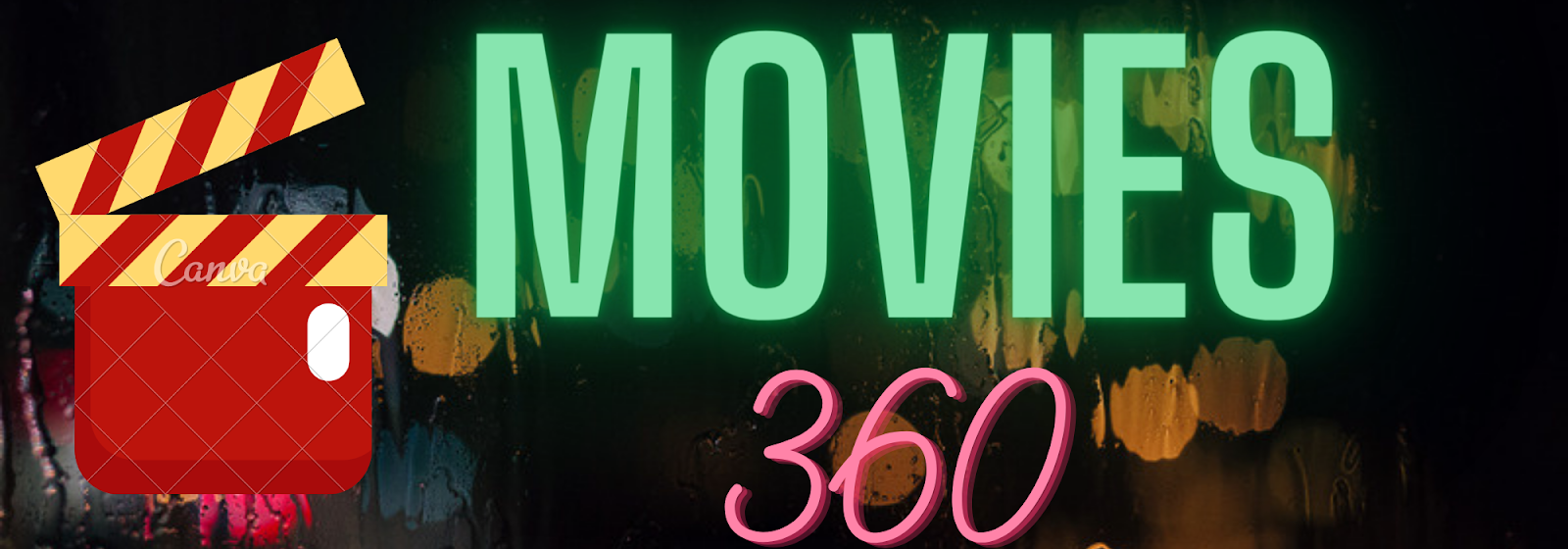Plenty of gamers have been celebrating Pride Month in their favorite games. Several games, from big AAA experiences to indie projects, have included LGBT+ characters (and character creation options). While has been largely normalized in the industry now, that hasn't always been the case.
While Nintendo's history with upfront LGBT+ characters doesn't go as far back as some other companies, there's no doubt that big progress has been made. Fire Emblem: Three Houses was a major step forward for the publisher. Traditionally, though, Nintendo has kept its LGBT elements in the background, which makes it possible that players didn’t know some characters from their classic library are part of that community.
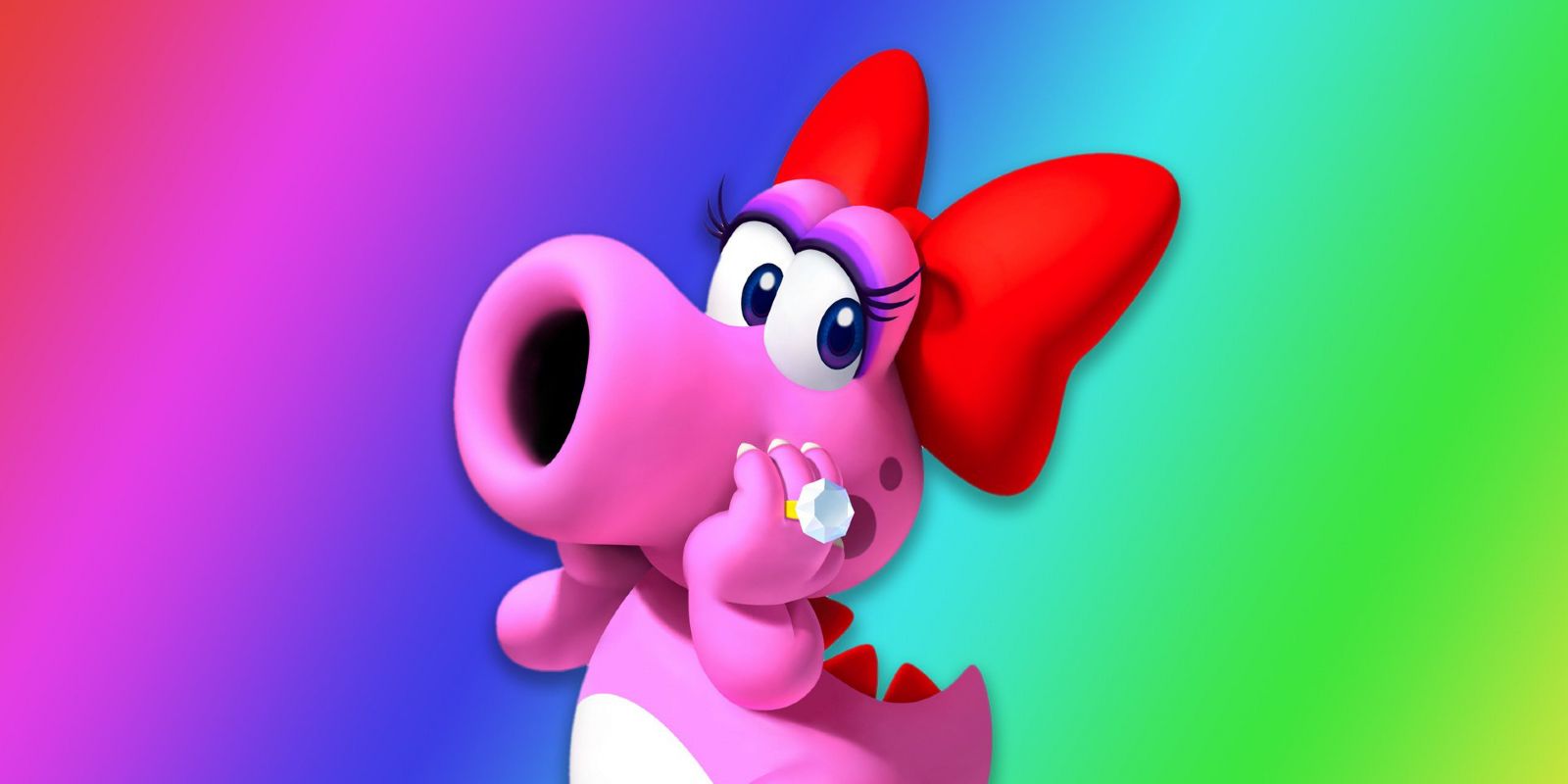
Birdo has been appearing in Mario properties consistently since the 80s, but the company has been inconsistent with how it depicts its pink dinosaur. Her first appearance was in Super Mario Bros. 2, and the manual explained (with outdated wording) that the character is a trans female that sometimes prefers the name "Birdette," though Birdo is still the generally used name in the games.
However, Nintendo has since played off Birdette's gender identity as something of an occasional joke, leading fans to believe that Birdo deserves better. For example, the "Birdo" trophy in Super Smash Bros. Brawl refers to that character as "it," and Popple from Mario Mario & Luigi: Superstar Saga hesitates to refer to the character as female and won't use the name "Birdie."
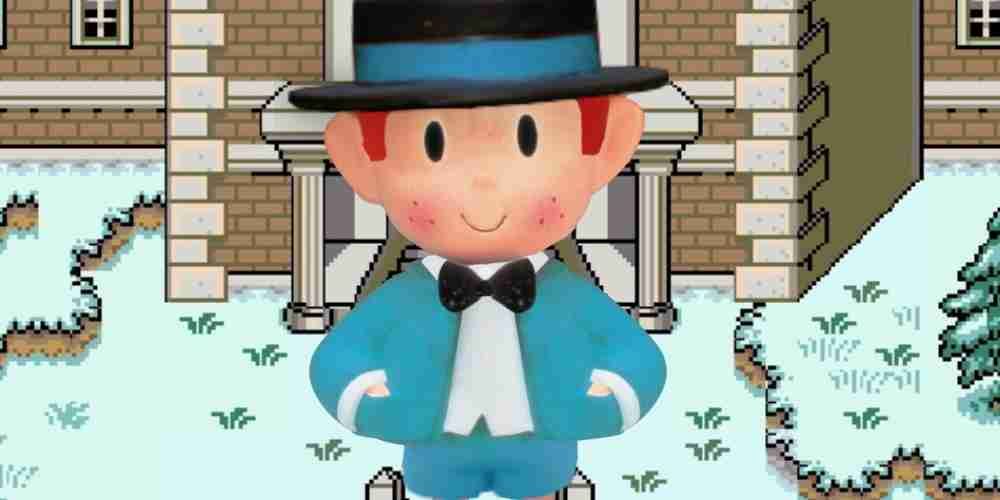
Earthbound is one of the weirdest but best games released for the Super Nintendo. It features a lot of bizarre humor owed to the creator and translator's quirky sensibilities for its time. The game also features a memorable gay character, Tony. Jeff, one of the game's playable characters, has a best friend, Tony, who is a little bit clingy but helps Jeff escape the school so he can help the heroes.
Unfortunately, after this point, he doesn't do much in the story. He does call Jeff to check up on him and can be visited for extra dialogue, but that's it. His attraction to Jeff is subtle in the game, so the game's creator, Shigesato Itoi, had to confirm his sexuality in an interview translated by EarthboundCentral and repeated by Earthbound localizer Marcus Lindblom in an interview with Radi0 64.
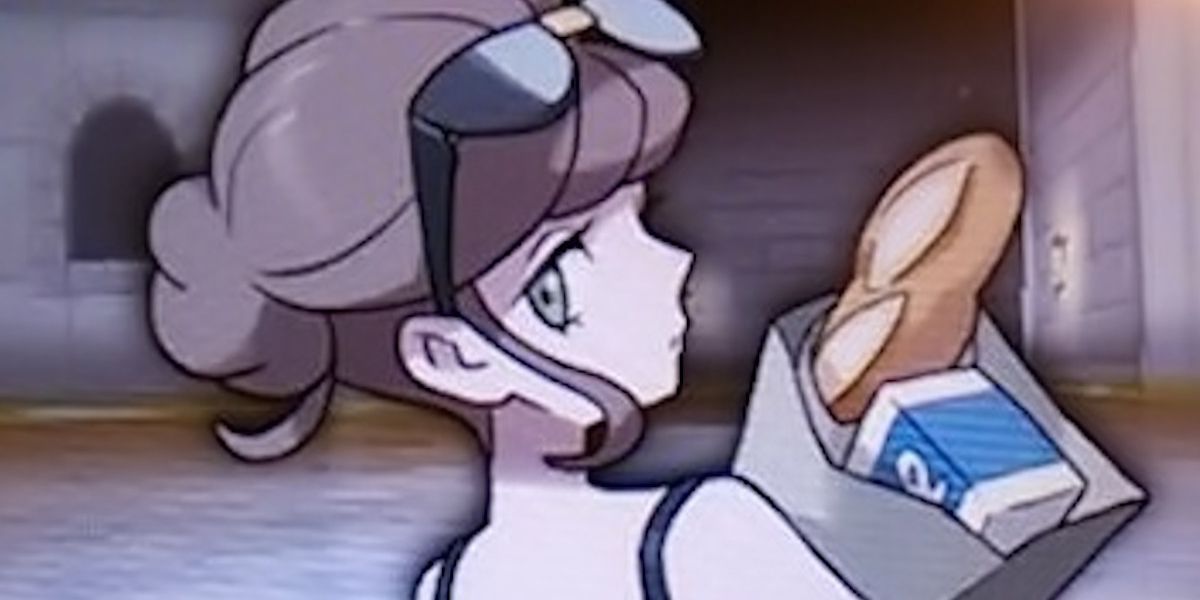
Every mainline Pokémon game features NPC trainers that fall into several classes that specialize in using different types of Pokémon. These types are also sometimes gender-specific, like the female-only Beauty class. That being the case, Beauty Nova in Pokémon X and Y saying that she used to be a member of the exclusively male Black Belt trainer class clearly hinted that there was more to her story.
Nova is a minor trainer who only has a random chance to appear in the Battle Mansion. It was still a pleasant surprise for the LGBTQ+ fans of Pokémon when, in the Japanese version of the games, she even says that she transitioned due to medical science, clearly stating that there is more to her transition than the Pokémon she uses.
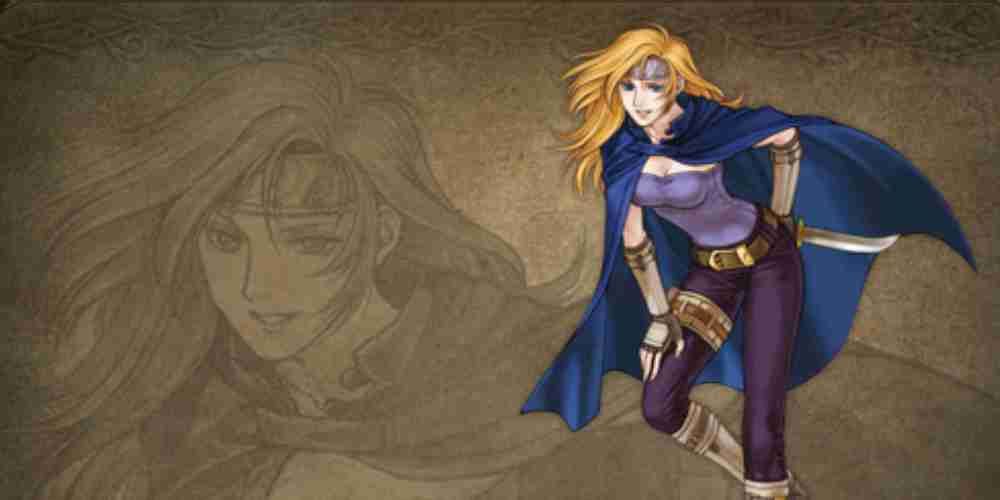
Developer Intelligent Systems has explored sexuality and gender quite often in its Fire Emblem franchise. While they don't always do it gracefully, there are plenty of times where it's done realistically and respectfully. Heather, a party member in Fire Emblem: Radiant Dawn, is one such character.
Heather doesn't play a huge role in the game, but that didn't stop her from becoming a fan-favorite. She's a rogue looking for her mother's medicine when recruited by the player's army. The Japanese version of the game described her as joining the army to "meet all the pretty girls," though this line was removed from the North American release.
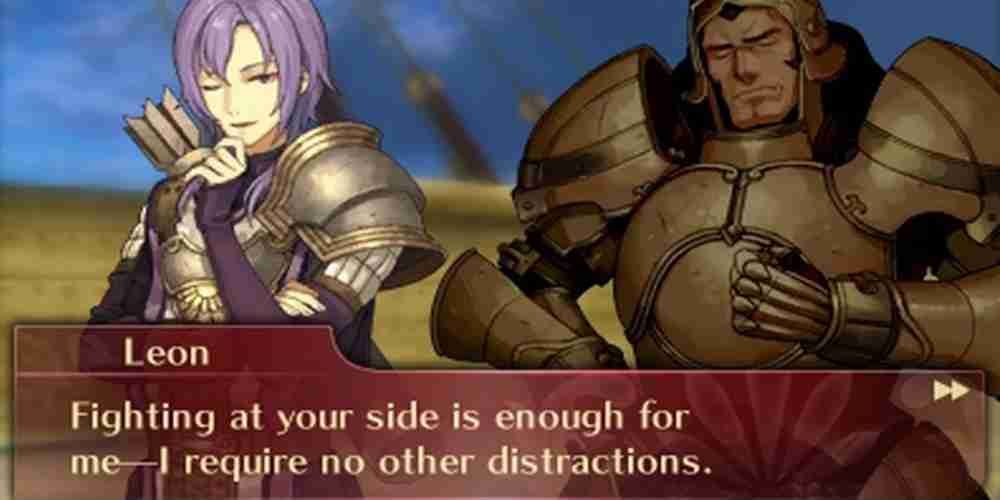
Fire Emblem has had a lot of games. Fates and Three Houses may be two of the more popular titles in the franchise, but there was another solid game between those two. Fire Emblem Echoes was a remake of Fire Emblem: Gaiden and took a few liberties with that game's characters. Most notably, Leon goes from being very close with Valbar to being in love with him.
The change actually works quite well for Leon. The archer joined the military to follow someone he had a crush on. This person died and left Leon seeking death until he finds meaning with the player's party. While his crush on Valbar does affect his ending if Valbar dies, this drive gives him more purpose and adds some pathos to his backstory.

Roc from Xenoblade Chronicles 2 is a nonbinary character. Roc is a blade, a summonable creature that can help the characters of Xenoblade in battle. They are typically referred to with he/him pronouns, but the character status screen clarifies their identity as non-binary.
Roc is also one of the strongest blades Rex can wield. They attack with powerful wind attacks and two twin scythes. Roc is also not the only LGBT blade in the game, as there are also the lesbian and bisexual female blades Sheba and Azami. While these blades are great characters (especially Roc), one hopes Xenoblade 3 will expand this diversity to the playable characters.
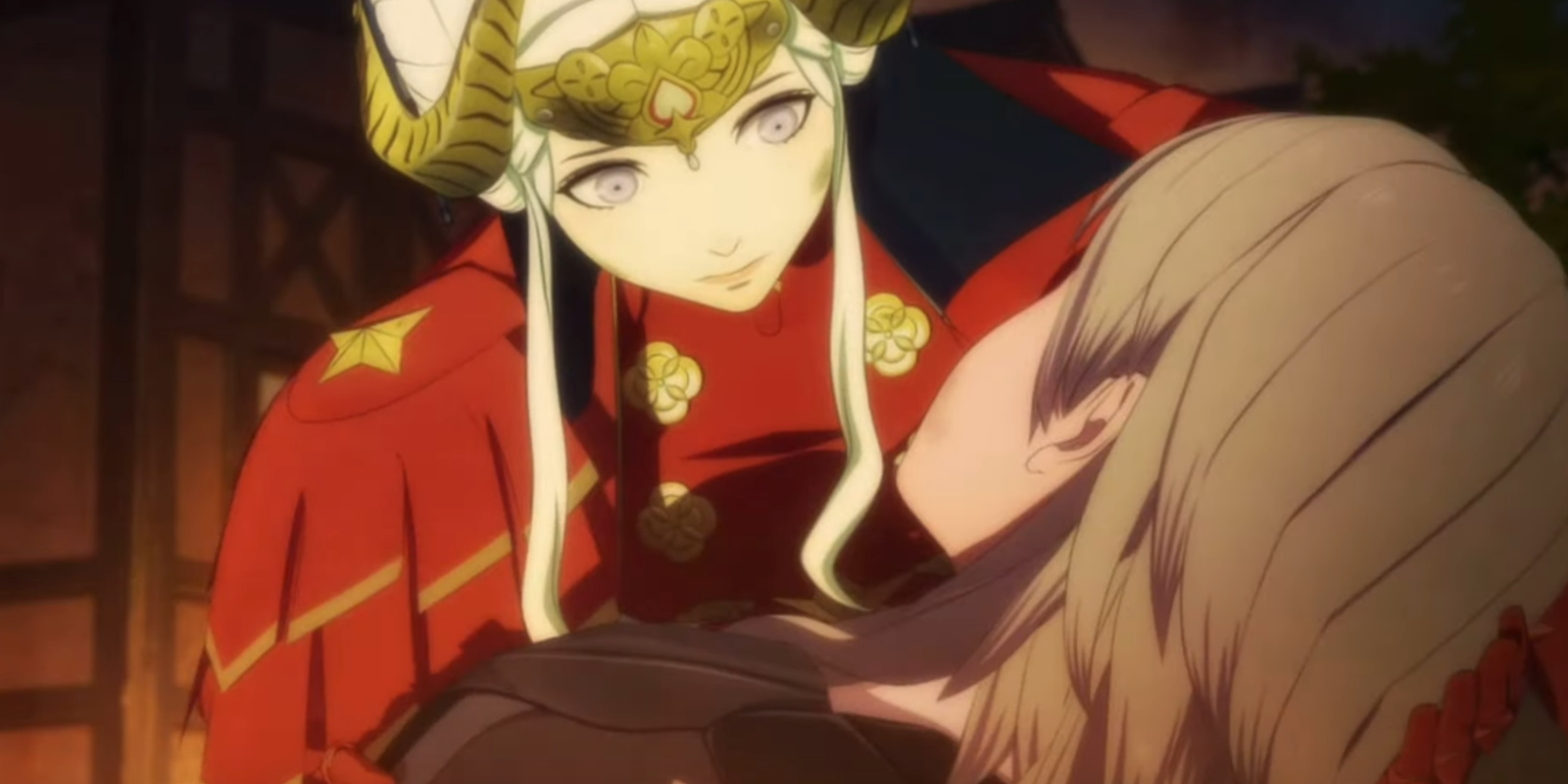
Fire Emblem: Three Houses is was one of the first times that multiple LGBTQ+ characters appeared in a mainstream Nintendo release. Lots of praise has gone to the character writing in Three Houses, which is great. Characters have complex motivations and rarely feel black and white. This is why it can escape players' notice that some of them are members of the LGBTQ+ community.
There are Edelgard, Dorothea, Mercedes, Lindhart, Yuri, Rhea, and Jeritza. While a lot of players probably don't know about Jeritza's sexuality, his history as a troubled murderer hardly makes for a good representation. Edelgard probably stands out the most here. While she is a villain on certain routes, she's also sympathetic and one of the game's biggest stars.
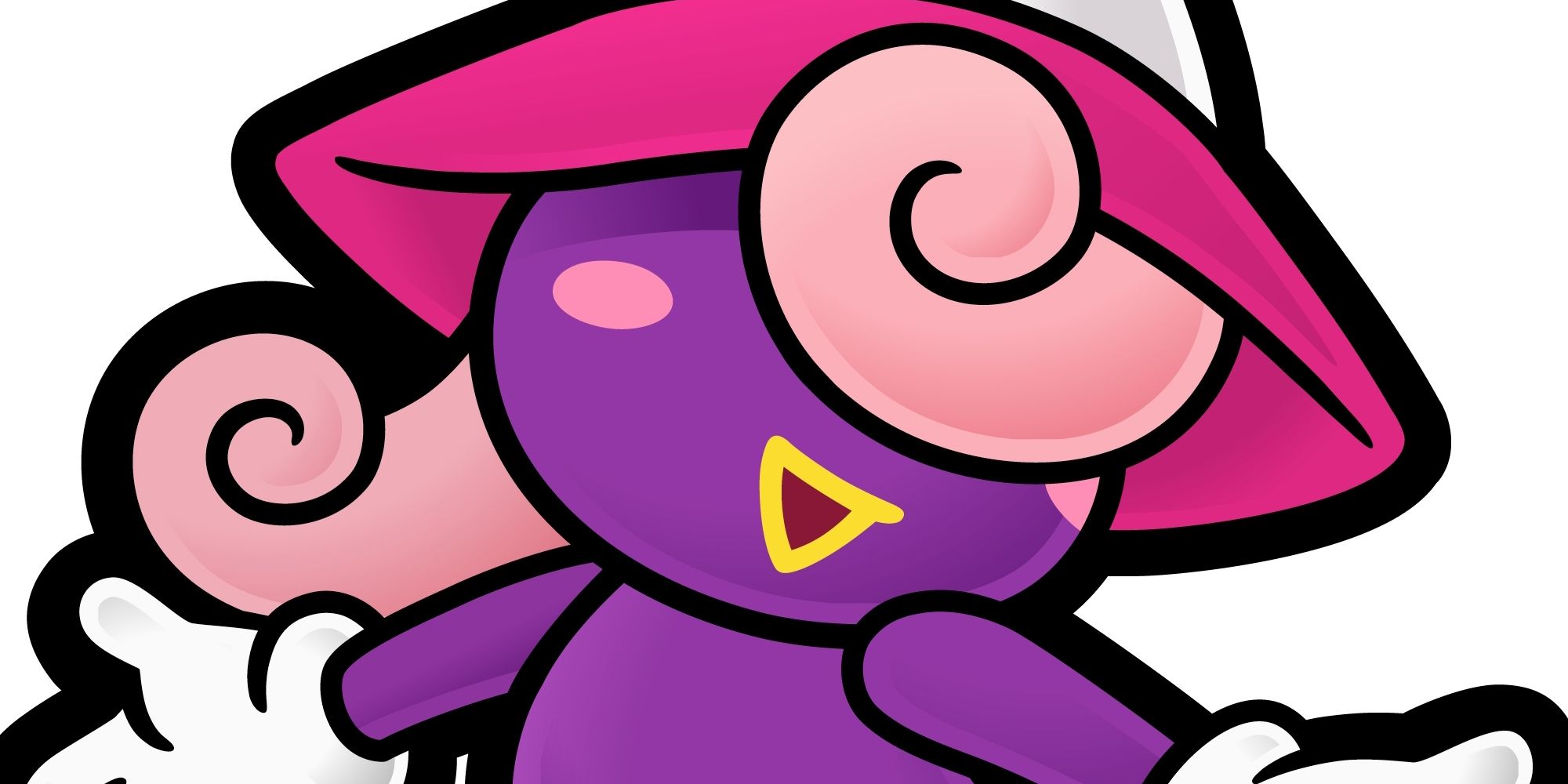
Intelligent Systems' representation of LGBTQ+ characters isn't only limited to the Fire Emblem series but also includes Paper Mario as well. 2004's The Thousand-Year Door featured the shadow girl Vivian who joins Mario's party after being abused by her sisters. What was cut from the English release was she was bullied for being transgender, which is discussed in every translation of the game except the English and German versions.
It's a pretty daring plotline, especially for the time. Seeing Mario accept Vivian for who she is genuinely touching, regardless of orientation. There is definitely some criticism to be drawn about how her plotline revolves around trauma, but she's a great character and one of the most useful party members in terms of gameplay as well.
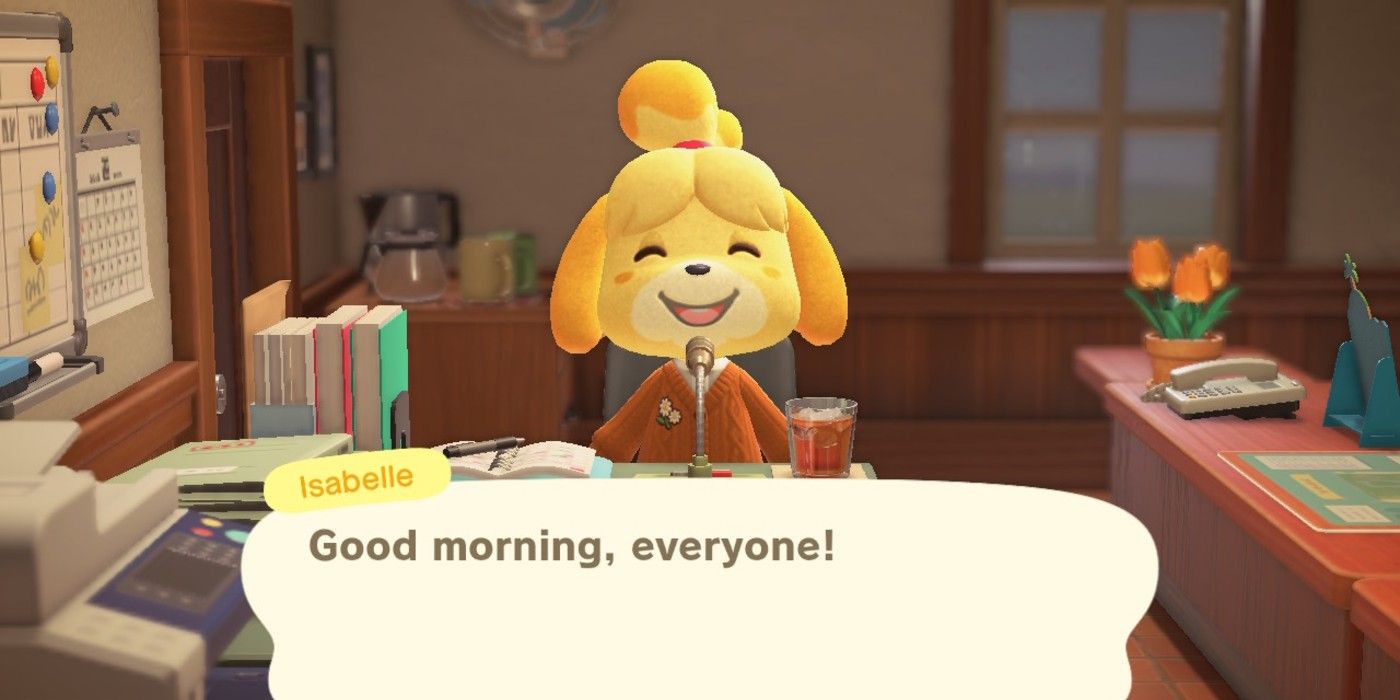
Isabelle from Animal Crossing: New Leaf was an instant hit character when she debuted and was immediately catapulted to mascot status. Her nervous yet cheerful demeanor and crush on the mayor made her an instant favorite. Speaking of her crush on the mayor, it's actually there no matter what gender the player selects.
Isabelle's crush is cute and did a lot to influence her popularity. Unfortunately, she doesn't appear to have it in her subsequent appearances, though her multi-talented nature and upbeat demeanor have kept her lastingly popular.
There are many well-known video game characters that are part of the LGBTQIA+ community, but some fans may not know about a few from Nintendo.James Potvin
